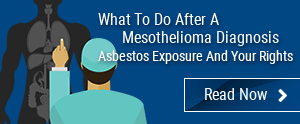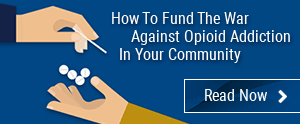Accidents happen. It’s a fact of life. By definition, the word “accident” implies an unfortunate but unintentional incident. But when car accidents occur because someone decided to drive while under the influence of drugs or alcohol, it calls into question whether the term “accident” even necessarily applies anymore; someone made a conscious — albeit poor — decision and because of the mistake, a tragedy occurred that could have been avoided. Just such an incident happened recently in Ohio.
Late on the evening of Sunday, Feb. 19, about a half hour before midnight, a fatal car crash took place in Columbus. A 49-year-old man was driving eastbound on Interstate 70 when his SUV was hit by a sports car. Police report that the car entered the off-ramp and struck a guard rail before crossing over the interstate lane and into a grass infield, after which it collided with the driver side of the SUV.
The driver of the SUV was transported to Grant Medical Center. He later passed away from injuries suffered during the car accident. The 31-year-old driver of the car suffered non-life threatening injuries, which were treated at the same medical center. According to police, the car driver was processed for Operating a Vehicle Impaired (OVI).
The car crash remains under investigation, and police say that charges are pending against the car driver. The family of the SUV driver may choose to exercise their right to pursue a wrongful death lawsuit against the car driver, as current details implicate him in the other driver’s death. Likewise, any individuals in Ohio who have lost loved ones in car accidents due to the apparent fault or negligence of another may benefit from the counsel of a personal injury attorney with experience in similar cases.
Source: nbc4i.com, “One person dead, one in critical condition after east Columbus crash”, Feb. 20, 2017


